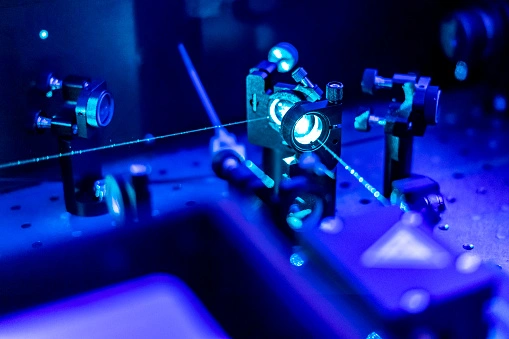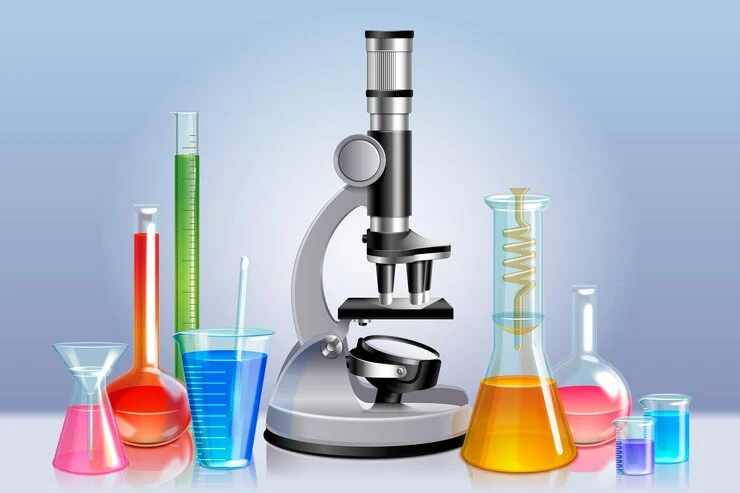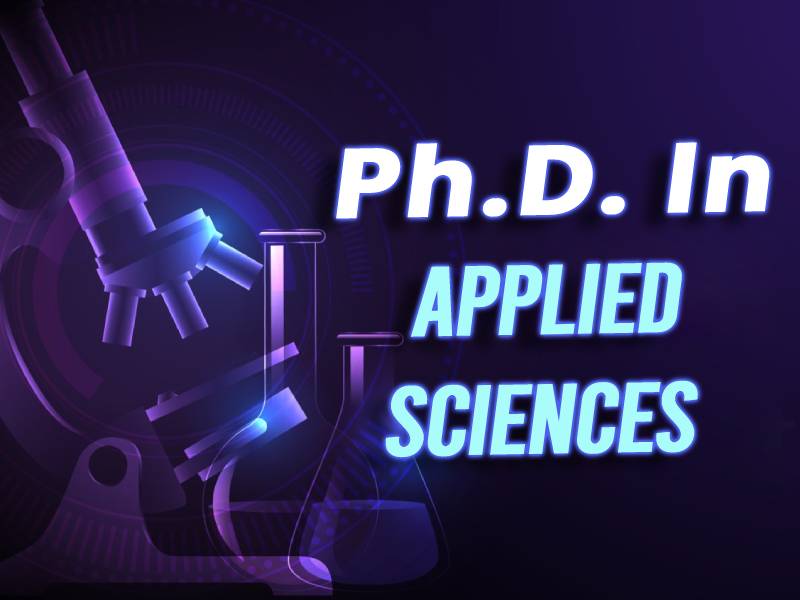A PhD Admission in Applied Sciences is an advanced degree that combines two or more fields of study. A PhD in Applied Sciences is to provide graduates with the knowledge, skills, and abilities they need to pursue careers in applied science. These fields include but are not limited to engineering, dentistry, medicine, law and economics.
Aspirants can complete a PhD in Applied Sciences at any point during their education; however, they should complete it after earning a Bachelor’s or Master’s degree (or its equivalent). You will likely need to complete graduate-level courses while earning your bachelor’s degree or master’s degree before you’re able to apply for a PhD admissions program.
What does a PhD in Applied Sciences teach you?
- There are many fields of applied sciences, including mathematics, computer science, history, physics and chemistry.
- To get a PhD in Applied Sciences, you must complete a research project and defend it in front of a panel of experts. The project will be about something you think needs more research into it so we can learn more about it.
- A PhD admission in applied science teaches you how to use your knowledge to the real world and helps you make decisions based on data and information instead of just your own opinions or experience.
- A doctorate teaches you how to apply knowledge and skills learned in other fields to solve real-world problems. It’s not just about learning a bunch of new stuff, though—it’s also about understanding how that knowledge and skills can be applied practically.

Is a PhD admission in Applied Sciences beneficial for a student?
PhD admission in Applied Sciences is highly beneficial for a student, as it provides them with many skills that are not available in their undergraduate programs.
Working professionals with a PhD have the knowledge and skills required to pursue advanced studies and research. They have gained the ability to work independently, think critically and creatively, communicate effectively and critically in written and oral form and conduct independent research.
The first thing you’ll learn is how to think like a scientist: how they approach problems, organize their thinking and work, and even communicate with their peers—it’s all part of being a scientist.
You also get to work on real projects with aspirants, which helps you develop problem-solving skills and teamwork.
What is taught in PhD Admission in Applied Sciences?
- PhD admission in Applied Sciences is a program that trains students to develop and integrate knowledge and skills in various fields of applied sciences. Such as engineering and technology, management, business administration, education and law.
- Aspirants learn historical background of scientific research and development; they learn about the development of new technologies. Aspirants also learn about the main theories and concepts in applied science, study theories on decision-making in different fields of applied sciences. They study strategies for solving problems in applied sciences.
- The main objective of a PhD admission in Applied Sciences is to help students become highly skilled professionals. By allowing them to learn many different subjects simultaneously with the help of experts and professionals working in their field of study.
- The course covers mathematics, business management, engineering, biology and many more subjects.

Learning Objectives of a PhD admission in Applied Sciences:
- You will spend five years in your doctorate program in applied science. Then you will learn a lot about applying your scientific knowledge to real-world problems.
- You will learn how to analyze data sets and evaluate their usefulness. After that you will also learn how to write a scientific paper that is both well-written and scientifically sound.
- You will be able to work with a team of other students in a lab environment. This will help you develop important skills like teamwork and communication.
- Finally, you will have the opportunity to use all of this knowledge on projects. They can be related to climate change or other environmental issues—and it will be awesome!
- You will be working on a research project in those five years of your PhD admission in applied sciences. Researches will focus on a problem in applied science. Aspirants will also work with professors with expertise in this field.
- You will have many opportunities to interact with people with similar interests. You may collaborate with them on your research project.
How much time does this take?
It takes about two years to complete the PhD program in Applied Sciences. Aspirant learn the fundamental principles and methods of applied science. The second year is spent doing practical work. The third year of study is devoted to a specialized topic chosen by the student.
The full-time study of this program requires approximately 15-20 hours per week. This depends on the number of classes that need to be attended. Students are required to write a dissertation or Thesis during their studies at the University.

How do you pursue a doctorate in Applied Sciences?
1. Choose a research topic you are passionate about and have experience in. It ranges to any topic from your field of study. It can be about anything!
2. Find a mentor who will guide you through the process of applying for a PhD program. Help you write your Thesis and dissertation. Helping you find employment after graduation.
3. Take classes at local colleges or universities on topics related to your field of study, Applied Science. Also for any subjects that need mentoring.
4. Apply to PhD admission programs in your field of study once you’ve completed all the steps above. This can take anywhere from one year to five years, depending on how much time you put into it!
Understand that there are many different types of PhD Admission 2023 in India. And it may take some time to decide which one is right for you.
It can be intimidating to start a PhD program, but don’t worry—you can do it!
Frequently Asked Questions
The requirements for PhD in Applied Physics vary depending on the program you choose. Typically, you will need a bachelor’s degree in physics or engineering and at least three years of relevant work experience. Some programs require you to have a master’s degree or PhD before enrolling in the program. If your bachelor’s degree was not in physics or engineering, you may also be required to take some additional courses.
The field of Applied Science is growing rapidly, and there are many career paths you can take after earning your degree. Some of the most popular jobs include:
-Engineer
-Physicist
-Mathematician
-Computer Scientist
The Indian Institute of Technology, Kharagpur is an excellent place to get a PhD in applied sciences. It is one of the oldest and most prestigious universities in India. The institute offers a wide variety of courses, including Applied Sciences, which will give you a solid foundation for your career as an applied scientist.
If talking about the universities abroad, the Massachusetts Institute of Technology (MIT) is an excellent choice. It offers a wide range of courses and research opportunities, which will help you to develop your skills and make a successful career in any field.
An applied scientist can work in a variety of fields, including pharmaceuticals and biotechnology. A PhD in Applied Sciences will help you develop skills in analyzing data from different sources and developing new products based on this information. A PhD also opens the doors to many other careers such as teaching at colleges or universities, working for government agencies or starting your own company.



